Moluccan Cockatoos for Sale , The Moluccan Cockatoo, originating in Indonesia, is one of the largest white cockatoos. Usually, females are larger than males, and they are all monogamous by nature. Presently their numbers are rapidly decreasing in the wild due to their habitat loss.
The Moluccan cockatoo is a very intelligent and sensitive bird. They are the largest among the Cockatoos. Moluccan Cockatoos are sensitive in nature. Though these birds are better off n the wild, they can become great pets with proper training. These birds have a hard beak and a loud voice.
The Moluccan Cockatoo has white-pink feathers with a definite peachy glow, a slight yellow on the underwing and underside of the tail feathers, and a large retractable recumbent crest which it raises when threatened, revealing hitherto concealed bright red-orange plumes to frighten potential attackers.
Temperament
The Moluccan Cockatoos are very beautiful, intelligent, lovable and affectionate birds. Moluccans are very aggressive chewers who need a steady supply of toys and perches to destroy. They have extremely destructive beaks.
They have piercing, loud voices, which can carry for long distances. They tend to vocalize at least twice each day in the morning and evening and are not suited to either apartment dwelling or closely spaces houses. Moluccans need roomy cages, exercise, and things to keep them busy and not bored. They are one of the species more prone to feather plucking. They can be taught many tricks, and some are excellent talkers. In the early morning and late afternoon, they can be rather loud when they call their flock/family.
If you are the right person to adopt a Moluccan Cockatoo, you may well find that you’ve made a friend for life. It can mimic human speech. It’s unusual in that the Moluccan Cockatoo is one of the few “lap birds” and acts more like a dog than a bird sometimes. An untrained Moluccan is better off in the wild.
Caring for Moluccan Cockatoos
Moluccan cockatoos bond strongly with their owners. If your lifestyle does not allow for this, consider getting two Moluccans. A pair will keep each other entertained. The trade-off is that owning two of these feisty birds is an even more significant commitment than one.
Moluccans will do best in the largest cage possible. If you can make the bird’s home an aviary or a full room, your bird will be happier. The cage should be sturdy and able to withstand the cockatoo’s destructive nature. Address its pent-up energy by providing plenty of toys and activity during its daily, supervised playtime.
All cockatoos emit a dusty powder. The birds produce it naturally to help preen their feathers. You can expect a light dusting of this powder on any surface the bird is near; be ready to clean often. This powder may be problematic for some people with allergies.
Housing Moluccan Cockatoo
A steel cage painted with non-toxic colors with a size of a minimum of 2 ft. x 2 ft. x 3 ft is ideal for your cockatoo. The bar spacing should be of ½ inch, making it convenient for the bird to climb as it wishes. The cage should also be free from any possible obstruction for its wings’ movement.
Feeding Moluccan Cockatoo
In the wild, Moluccans eat seeds, fruits, nuts, and insects. Like all members of the cockatoo family, Moluccans can suffer health problems if they gain too much weight. Since Moluccans are not getting as much exercise as they would if they were in the wild, owners need to ensure these birds get a well-balanced diet and cut back on high-fat foods like seeds.
A formulated pellet diet should make up 75 percent of its food source. The other 25 percent should be bird-safe fruits and vegetables, such as bananas, apples, carrots, and kale. Thoroughly wash fruits and vegetables to protect your bird against pesticides and bacteria.
To start, offer approximately 1/4 cup of formulated diet and 1/4 cup of fresh fruits and vegetables daily. If the bird consumes all of its food, add small amounts as desired. Treats such as seeds, nuts, and table foods may be given in small quantities, especially as rewards for good behavior. Never feed birds avocados or chocolate, as these foods are toxic to them.
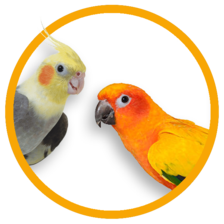
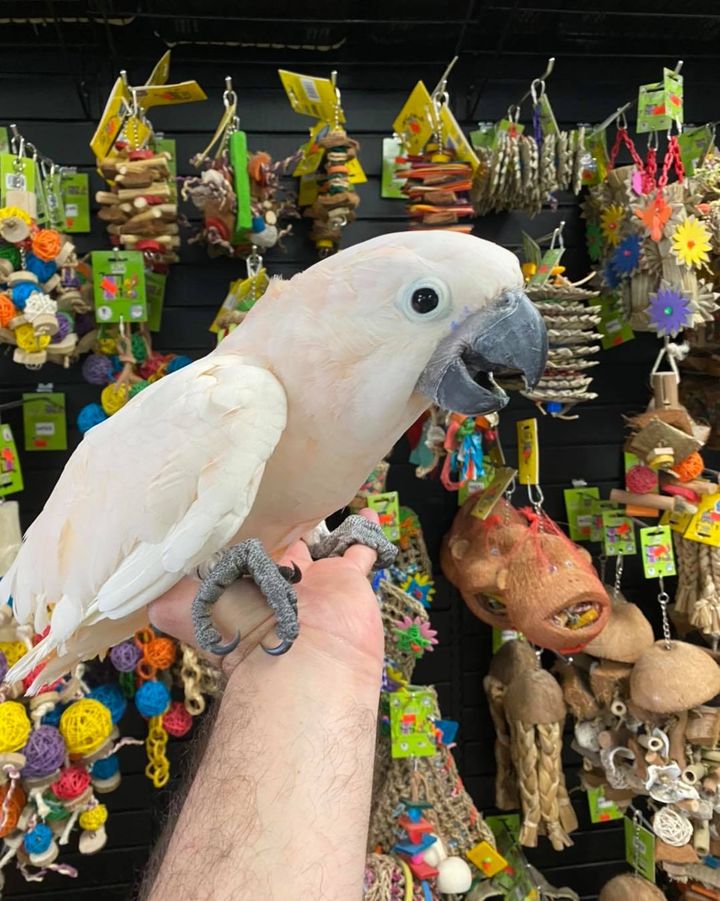
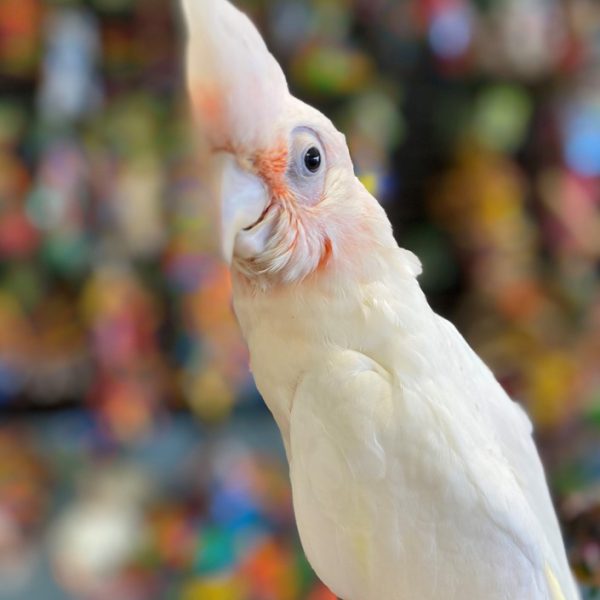
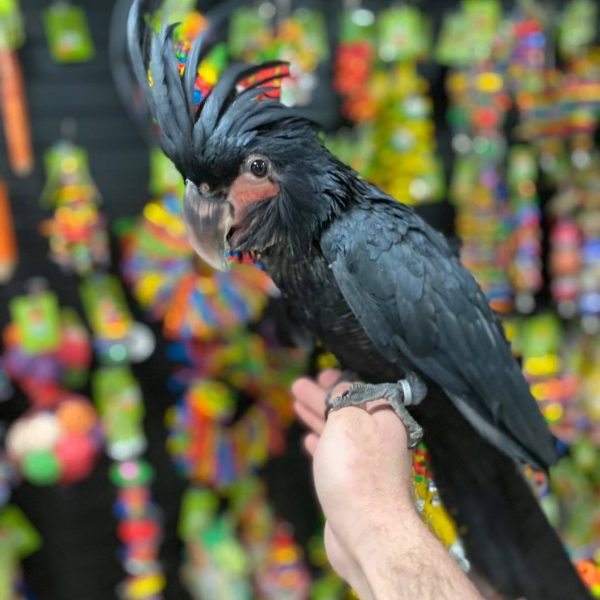
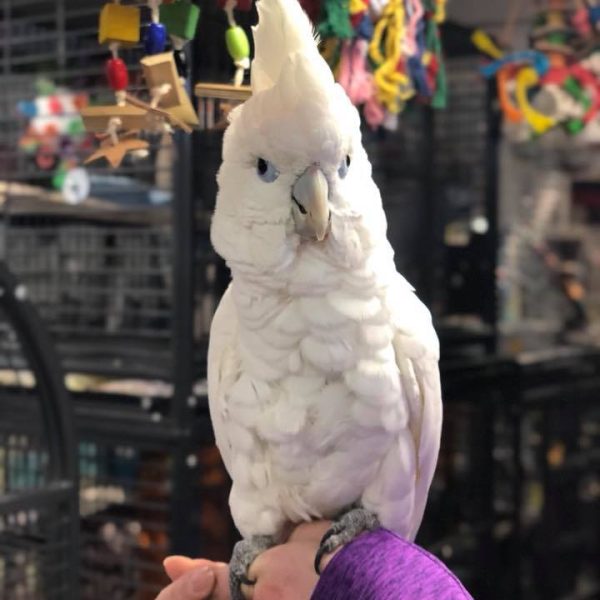
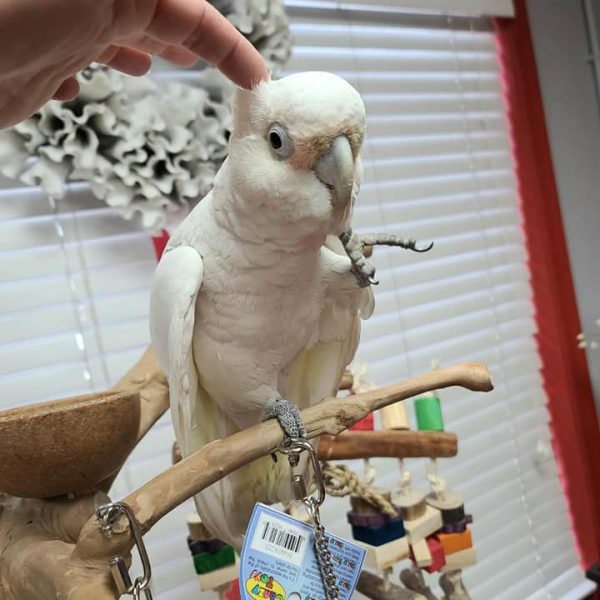
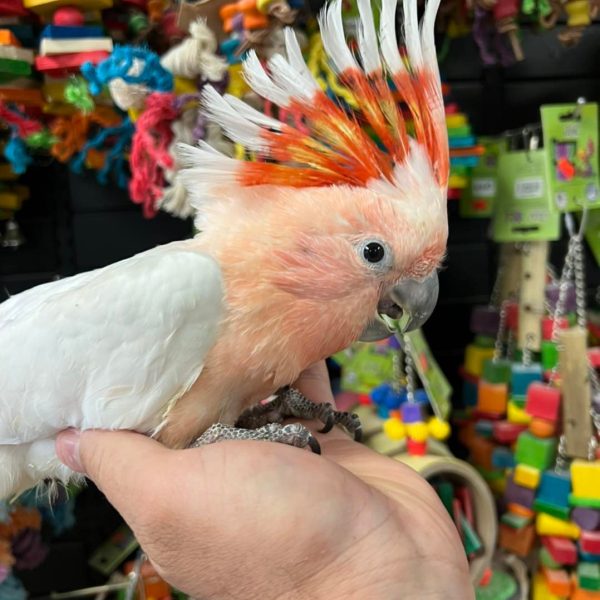
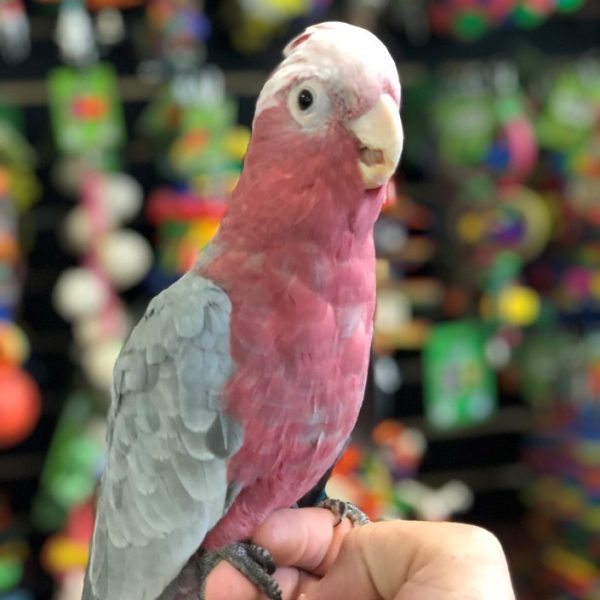
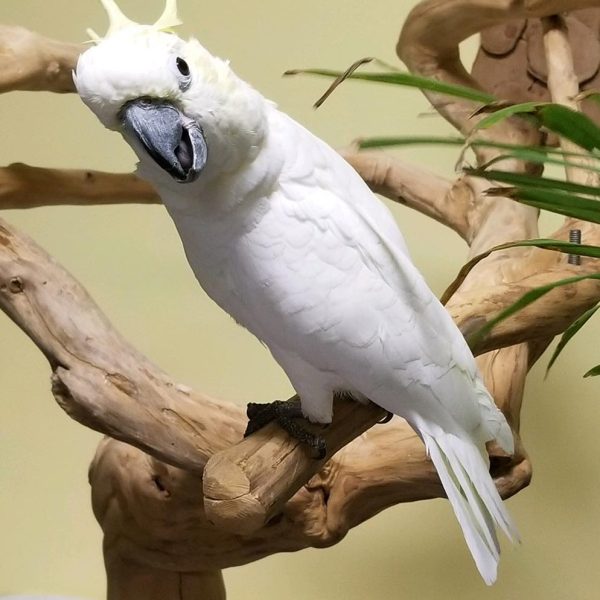
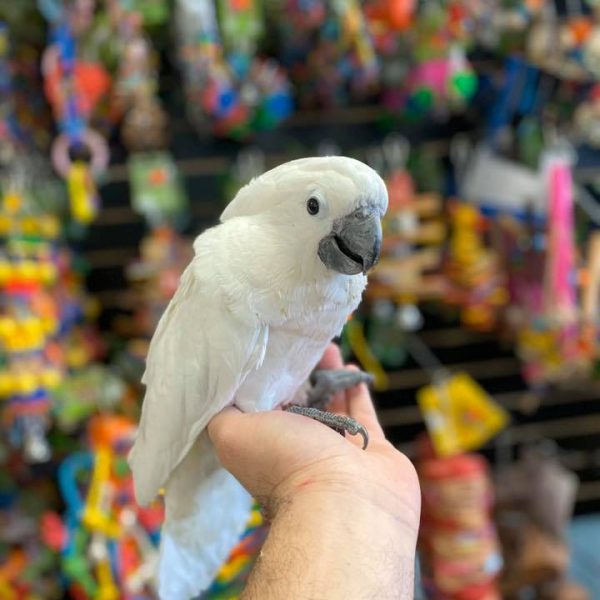
Reviews
There are no reviews yet.